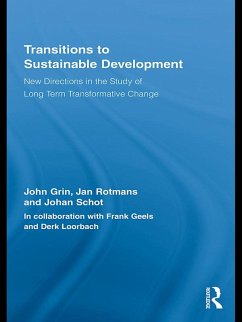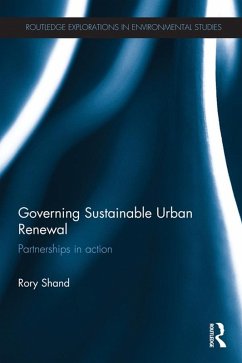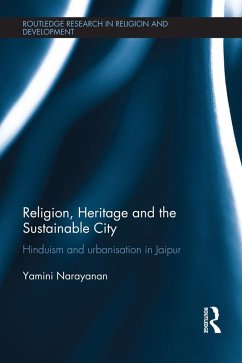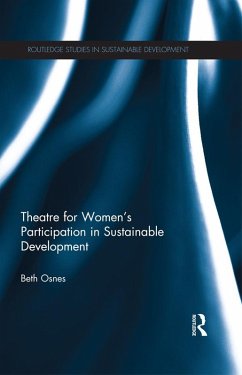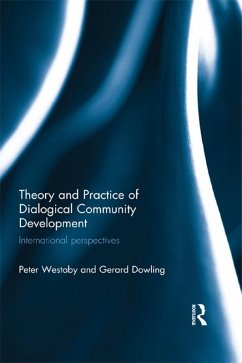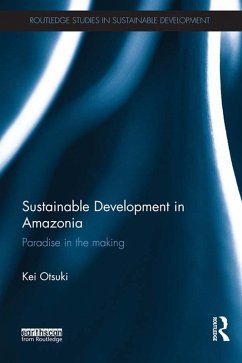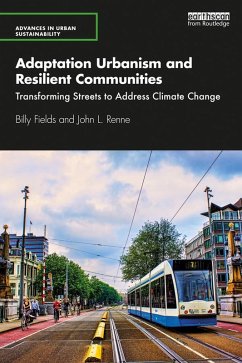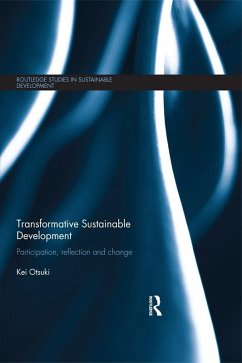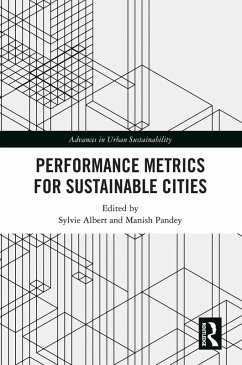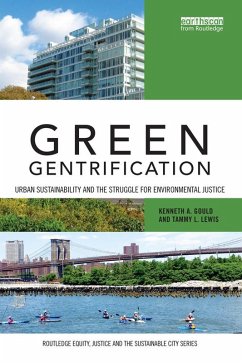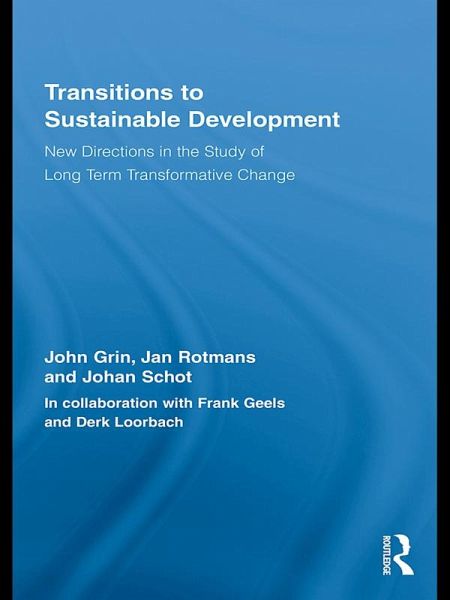
Transitions to Sustainable Development (eBook, PDF)
New Directions in the Study of Long Term Transformative Change
Versandkostenfrei!
Sofort per Download lieferbar
43,95 €
inkl. MwSt.
Weitere Ausgaben:

PAYBACK Punkte
22 °P sammeln!
Over the past few decades, there has been a growing concern about the social and environmental risks which have come along with the progress achieved through a variety of mutually intertwined modernization processes. In recent years these concerns are transformed into a widely-shared sense of urgency, partly due to events such as the various pandemics threatening livestock, and increasing awareness of the risks and realities of climate change, and the energy and food crises. This sense of urgency includes an awareness that our entire social system is in need of fundamental transformation. But ...
Over the past few decades, there has been a growing concern about the social and environmental risks which have come along with the progress achieved through a variety of mutually intertwined modernization processes. In recent years these concerns are transformed into a widely-shared sense of urgency, partly due to events such as the various pandemics threatening livestock, and increasing awareness of the risks and realities of climate change, and the energy and food crises. This sense of urgency includes an awareness that our entire social system is in need of fundamental transformation. But like the earlier transition between the 1750's and 1890's from a pre-modern to a modern industrial society, this second transition is also a contested one. Sustainable development is only one of many options. This book addresses the issue on how to understand the dynamics and governance of the second transition dynamics in order to ensure sustainable development. It will be necessary reading for students and scholars with an interest in sustainable development and long-term transformative change.
Dieser Download kann aus rechtlichen Gründen nur mit Rechnungsadresse in A, B, BG, CY, CZ, D, DK, EW, E, FIN, F, GR, HR, H, IRL, I, LT, L, LR, M, NL, PL, P, R, S, SLO, SK ausgeliefert werden.




